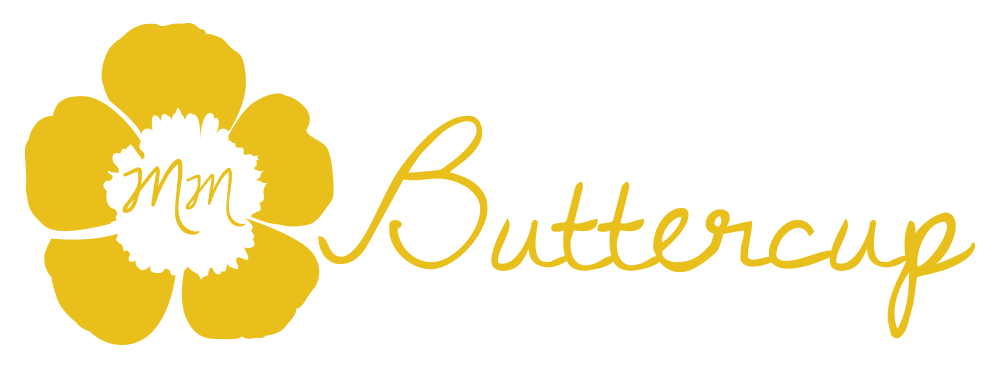Young children are developing language and literacy skills from the daily ongoing activities in their environment. Parents and early childhood educators can promote early literacy development by being responsive to young children's language and emergent literacy attempts.
Recently my three year old and I were at our local farmer’s market. She became interested in a stand at the market selling woodcraft items. The vendor showed her an alphabet board he made. He invited her to place letters in the wood board. The three of us played and talked about the 26 letter names, letter sounds (e.g., phonemes), and shapes of letters for a half hour. This is an example from the market where early literacy opportunities can happen anytime and anywhere.
Language development is the precursor to reading. Talk to children. Listen to children. Partner with children to exchange rich language experiences. Sing with children. Read with children. Tell children stories and nursery rhymes so they hear spoken language without text.
A responsive atmosphere for learning language prepares children to hear and manipulate the sounds (i.e., phonemic awareness) needed for eventually reading text. Letter names (e.g., “C”) AND the sounds the letters make (e.g., /S/ as in city) can be used in alphabet play when children are ready. Children will be encouraged when they see you playing and responding to their emergent literacy development.
Glossary
Phoneme = unit of sound
Phonemic Awareness = ability to manipulate sounds

